*This blog is in relation to body weight changes in otherwise healthy people. This does not replace individualised medical guidance for any specific conditions, diseases or issues.
Bodyweight changes are best predicted through energy balance; Calories in versus Calories out (1).
Weight loss diets containing added sugars do lead to weight loss and health improvements when Calories are reduced (2)(3).
So you don’t need to avoid all added sugars in order to lose weight, if you are willing to count Calories or gain an awareness of the Calorie content of the foods and drinks you consume.
There is research indicating that we can successfully switch to a lower fat or lower sugar diet without counting Calories.
The participants in a study focussed on reducing sugars. They successfully reduced their sugar intake but did not lose weight because they didn’t eat less total Calories (4).
Focus on Calories, before counting added sugars for weight loss.
That being said, as a general guideline; limiting added sugars is a great recommendation.
If we are trying to reduce our Calorie intake whilst staying full and satisfied, then we should aim to reduce the Calories we eat from nutrient poor foods which don’t help us feel full; added sugars certainly qualifies for this category!
We should focus on increasing nutrient-dense foods, which contain less energy and are filling:
lean meats
dairy
tofu
seafood
fruits
vegetables including potatoes
grains
legumes
Yes, a lot of these foods have natural sugars but it’s important for us to understand that we are not aiming to limit all sugars, we are aiming to limit added sugars.
The World Health Organisation (WHO) refers to; “free sugars”.
Essentially free sugars are sugars, honey, syrups (yes, even you, rice malt syrup) that are added as flavour, not those which are part of the structure of a food (fruit, vegetables, dairy).
Limiting fruit because of sugar is actually a misunderstanding of both the WHO recommendations and the Australian Dietary Guidelines (5)(6).
At present in Australia, nutrition labels do not distinguish between naturally occurring sugars and added (free) sugars.
This may change soon, however at present it is up to us as consumers, to learn the difference.
This graphic may help:
If aiming to reduce our weight, and therefore our Calorie intake; our first focus should be on limiting drinks containing Calories, particularly sugar-sweetened soft drinks and cordials, fruit drinks, vitamin waters, energy and sports drinks as these are the largest source of sugars in the Australian diet.
These types of drinks add significant Calories without adding to our satiety; our fullness and satisfaction.
We don’t have these drinks and compensate by eating less at other meals, we just drink these on top of our food intake, causing us to consume Calories above our needs which leads to weight gain.
After we have focussed on liquids and sources of Calories that we are drinking, then aiming to limit our energy-dense, nutrient poor indulgence foods (e.g. confectionery, cakes and biscuits) should be the subsequent focus (5).
What about sugar in fruit juice?
100% fruit juice (as opposed to fruit drinks and concentrates) has natural sugars, not added sugars. It can be a source of vitamins such as vitamin C and folate when whole fruit is not available.
Whole fruit is preferable to fruit juice as it is more filling and can help people eat an appropriate amount of Calories.
Fruit juice can be a backup option in small amounts, with the knowledge that it is easy to consume, doesn’t fill us up as much and may not help us manage our overall Calorie intake (5).
What about Sugar free and Low Sugar Products?
Sugar alcohols / polyols provide a major issue with focussing on sugar before Calories.
They are added to foods as sweet alternatives to sugar.
Despite tasting sweet and having Calories, they do not have to be labelled as sugar so we get issues where products may have similar amounts of Calories but the low sugar labelling could give us a false sense of superiority and again, lead us to consume more Calories than needed:
What about Sugar and Health Conditions?
Early studies suggested that reducing added sugars could lower cholesterol but it is likely that the effects were the result of a reduction in Calorie intake and body weight.
There is no new evidence that sugars cause cardiovascular risk factors (5).
There is no convincing or probable evidence of increased risk of all cancers with the intake of sugars, but some limited evidence of an association between a high intake of sugars and increased risk of colorectal cancer.
There is an association with obesity and its link with some cancers, so again, total Calories should be the focus (5).
There is no evidence that added sugars are involved in the cause of ADHD (5).
In a Calorie controlled study in which one group of participants consumed 43% of their Calories through sugars, the participants lost weight (as it was a Calorie reduced study) and improved markers of health including reduced blood pressure (2).
Diabetes is a condition relating to blood sugar regulation and treatment advice should be sought from a medical professional, not this blog. Sugar sweetened beverages are associated with an increased risk of type 2 diabetes (5).
Tooth decay is a concern, particularly with regular consumption of sugar sweetened drinks and sugars that stay in the mouth for an extended period of time, like confectionery.
However as with weight gain, a distinction is made between added sugars increasing risk of tooth decay but not naturally occurring sugars in fruit, vegetables, starches and other carbohydrates (7).
Should we avoid fruit because of sugar?
We often hear about people fearing fruit due to sugars.
Avoiding naturally occurring sugars due to a misunderstanding of guidelines is problematic as fruit and vegetables are filling and can help us control our Calorie intake, preventing weight gain.
In fact, there is evidence to suggest that fruit and vegetables reduce the risk of weight gain and the satiety value of foods should be used in managing appetite and hunger (5).
So to help with reducing weight or maintaining weight, including filling foods is a great idea and a lot of filling foods contain natural sugars!
When looking at typically filling foods, the list is dominated by proteins, fruit, vegetables (including potatoes), grains and legumes (8).
Including more of these foods can help us feel full, stay full and increase our chances of sticking to an appropriate amount of Calories for weight loss or weight maintenance.
However Australian’s do not meet the recommendations for these foods, in fact only 51% of Australian adults eat the recommended 2 serves of fruit per day and only 5% eat both the recommended amounts of fruit & vegetables each day (9).
A potential barrier for people increasing these highly filling, supportive foods is taste.
Actually including small amounts of sugar in sauces, could actually help us eat more of these foods, in tern reducing our total Calorie consumption and helping us manage our body weight (3).
1 tablespoon of tomato sauce contains around 4 grams (around 1 teaspoon) of added sugars. A single can of sugar-sweetened soft drink contains up to 40 grams (around 10 teaspoons) of added sugars. Using a bit of sauce to make our veggies and beans taste good is not the same thing as drinking sugar.
In a study comparing levels of added sugars, one group consumed 5% of their total Calories through added sugars whilst the other consumed 10% of their Calories through added sugars.
The diets prescribed were reduced Calorie diets so the both groups lost weight and neither had any micronutrient deficiencies.
At that level of added sugar intake, they were able to eat enough nutrient-rich foods to meet the body’s needs whilst losing weight.
5-10% of daily Calories dedicated to sauces and small indulgences could help us eat more nutrient-rich, filling foods, whilst enjoying our overall dietary intake, manage our body weight and improve our health (3).
If you are putting all your effort towards eliminating all sugars and you are not happy, not moving towards your goal and not finding the process sustainable; consider switching your mindset from “eliminating all sugar” to “limiting added sugars”.
You may end up eating more filling foods, therefore reducing the amount of Calories you eat, without needing to count Calories.
If you want a little more freedom to include more added sugars whilst managing your body weight, then learning about flexible dieting through Calorie counting could help.
If you are looking for some help in learning to do just that in the most simple, easy way possible, reach out and ask us for help.
1 on 1 Nutrition Coaching with Fortitude Nutrition Coaching
Are you looking for an understanding and supportive human to talk with, to help with advice and guidance? An objective set of eyes to see what you could improve to move towards your goal in the easiest possible way?
We work with real people and get real results. Sign up for 1 on 1 Nutrition Coaching today and get the support, guidance and accountability of a Fortitude Nutrition Coach.


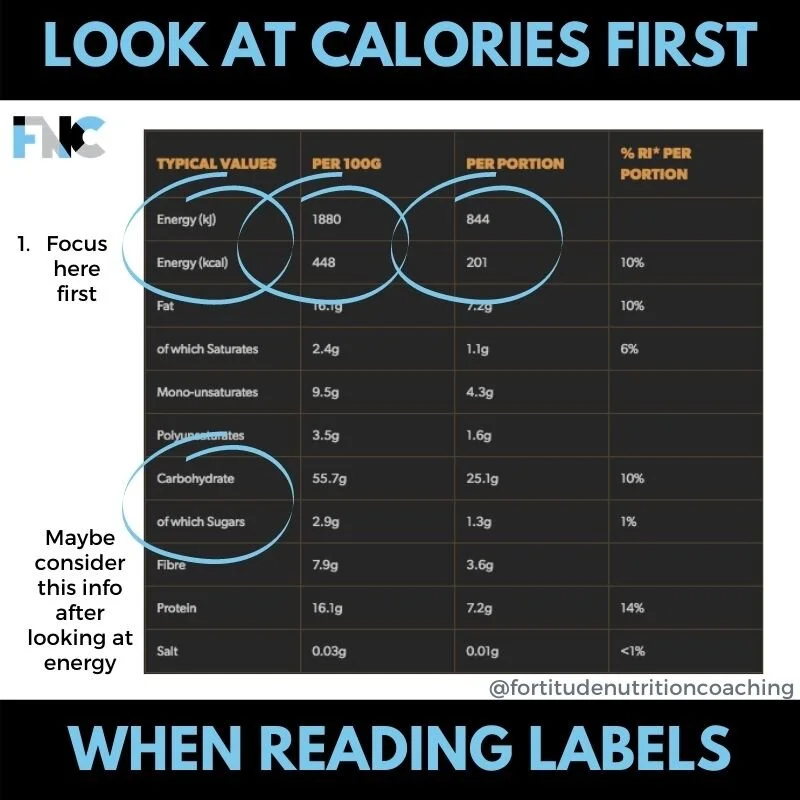






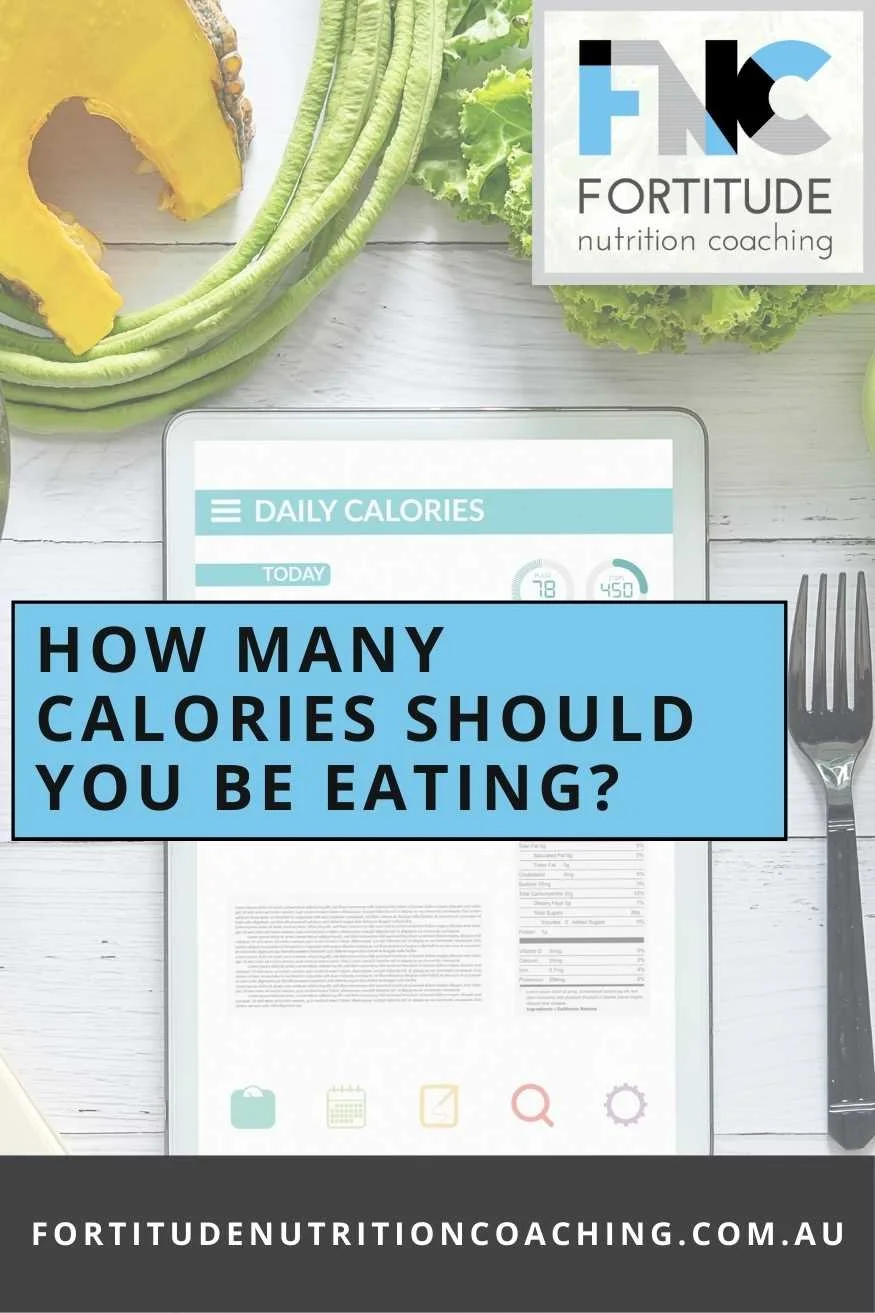

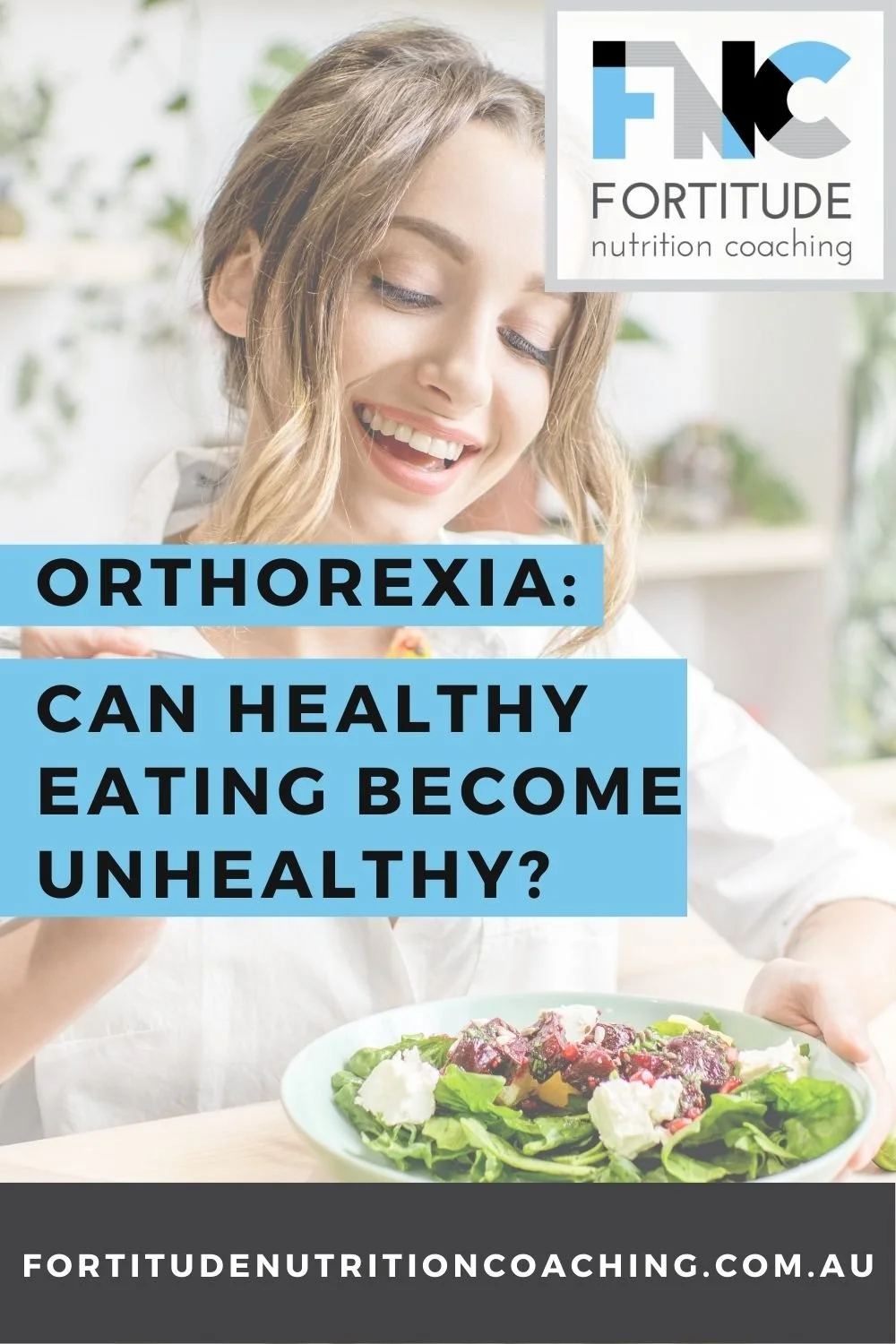
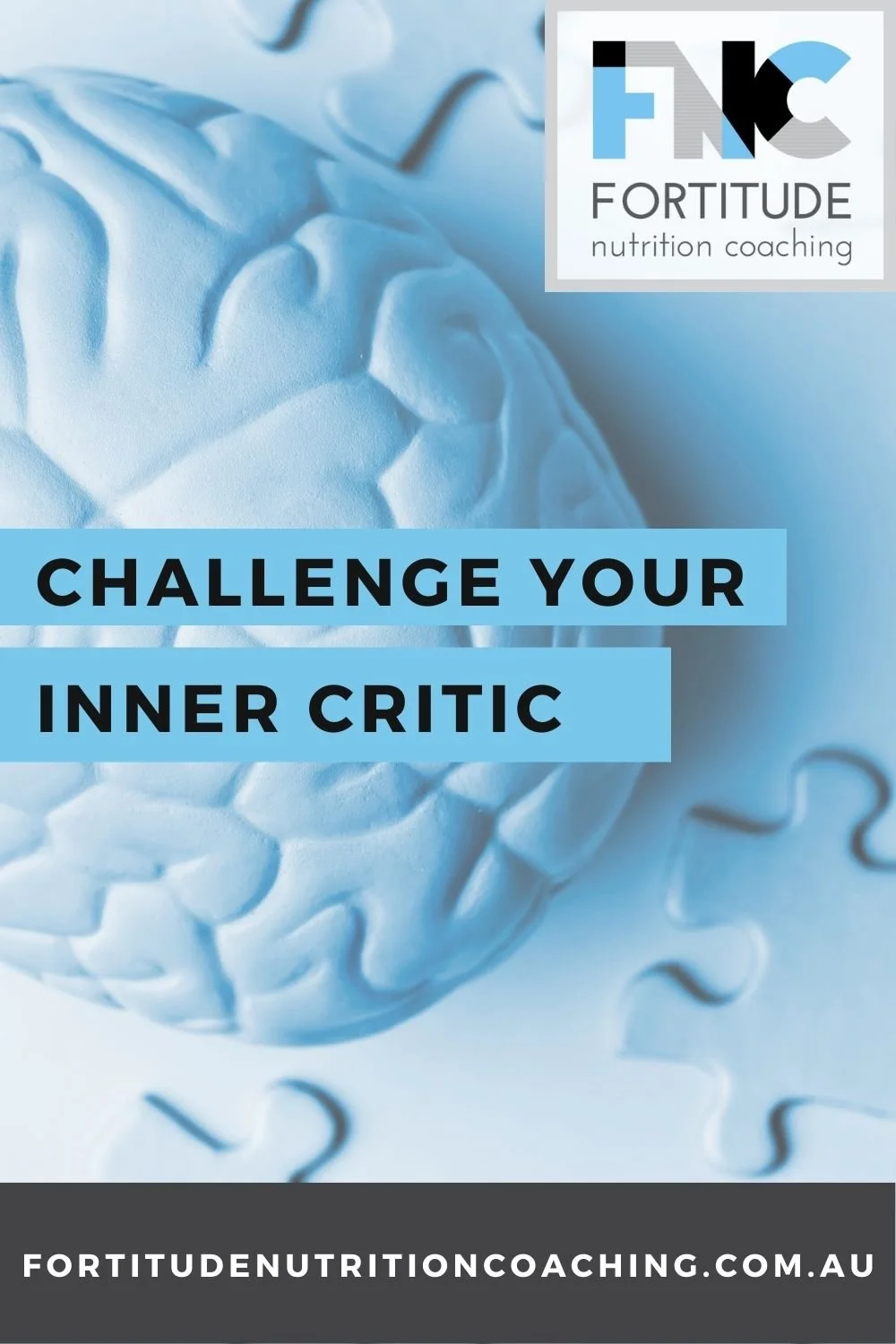
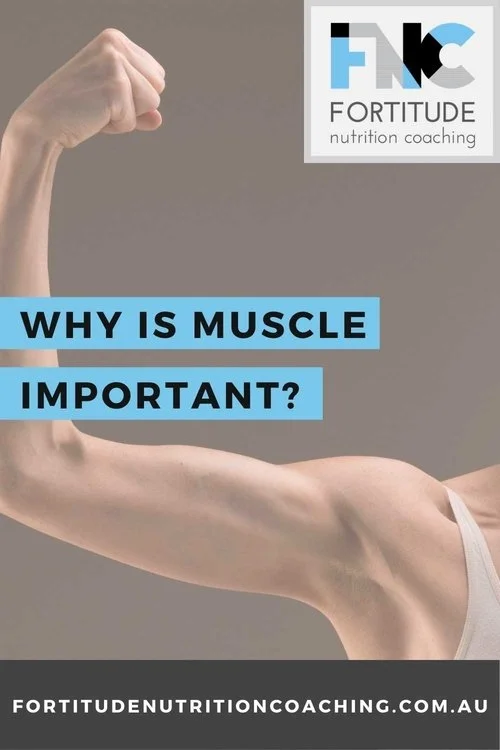



Tired of the "eating healthy" cycle that leads nowhere? Our blog unveils the blueprint for success. Say goodbye to vague intentions and hello to a clear Action Plan. Transform your eating habits with precision - from veggies to protein, breakfast to overcoming obstacles. Break free from the loop and embark on a fulfilling journey. Ready to achieve your goals with confidence? 🎯 Learn more: https://www.fortitudenutritioncoaching.com.au/blog/why-healthy-eating-doesnt-work